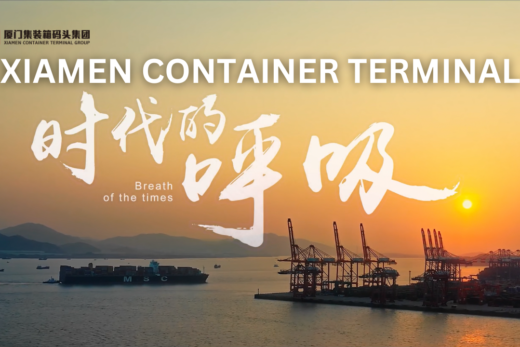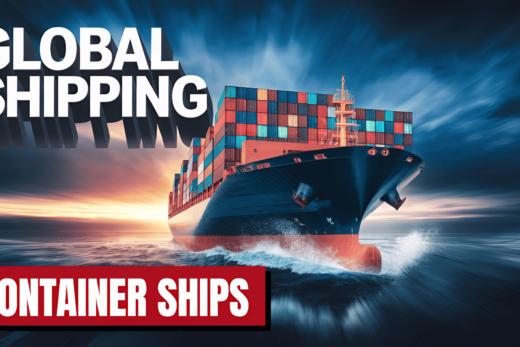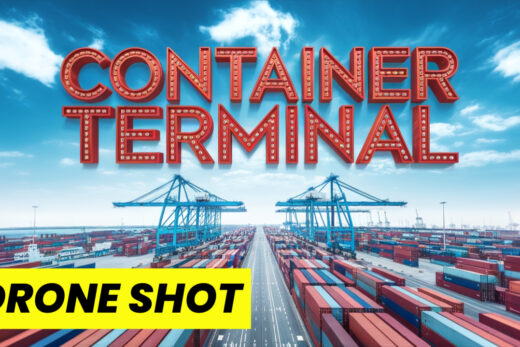The maritime industry depends on bunker fuel to keep ships running across the globe. However, hidden within this vital trade is a widespread fraud known as the Buyback Scam.
This illegal practice costs the industry millions of dollars annually, damaging trust and disrupting fair trade. For shipowners, operators, and anyone involved in bunker fuel transactions, understanding this scam is essential.
How the Buyback Scam Works
At its core, the buyback scam involves the unauthorized sale of bunker fuel. Instead of being used by the vessel, a portion of the fuel is siphoned off and sold at a lower price—allowing those involved to profit illegally.
This scheme relies on a network of key players, including:
-
The chief engineer on the receiving vessel, who manipulates fuel records
-
The bunker barge operator, who facilitates the transaction
-
A shadowy figure known as the Buyback Man, who purchases and resells the stolen fuel
Together, they exploit loopholes in the system, diverting fuel for personal gain.
The Mechanics of the Scam
The chief engineer alters fuel consumption records, creating the illusion of surplus fuel on board. This “excess” is then secretly sold to the Buyback Man, with profits split among those involved.
The bunker barge operator plays a critical role as well. In some cases, they deliver less fuel than ordered, while falsified records conceal the shortage. In other instances, the full amount is delivered, but later, some of it is transferred to a separate barge controlled by the Buyback Man.
To cover their tracks, fraudsters use various tactics, including:
-
Cappuccino Bunkering – Injecting air or water into the fuel tank to artificially inflate its volume
-
Manipulating flow meters – Altering readings to misrepresent the actual fuel quantity
-
Tampering with sounding equipment – Creating false measurements to support fraudulent records
For example, if a vessel orders 1,000 metric tons of fuel, but the chief engineer manipulates the records to show a surplus of 50 metric tons, the barge only delivers 950 metric tons. The missing 50 metric tons is then sold to the Buyback Man at a discounted rate, while the shipowner remains unaware of the loss.
Why the Buyback Scam is Hard to Detect
Bunker transactions are complex, and shipping companies rely heavily on crew members’ honesty. This makes it easy for fraudsters to operate undetected.
Traditional methods of identifying discrepancies—such as comparing fuel consumption with voyage calculations—often fail to reveal the fraud. Additionally, the transfer of stolen fuel is typically carried out discreetly, often at night, making it even harder to detect.
How to Prevent and Detect Buyback Scams
Although these scams can be difficult to uncover, there are several effective strategies to prevent and detect them:
-
Hire Independent Bunker Surveyors
-
Engaging reputable bunker surveyors ensures an unbiased verification of fuel deliveries. These experts oversee the bunkering process, check fuel quantities, and detect discrepancies—acting as a critical layer of protection.
-
-
Mandate the Use of Mass Flow Meters (MFMs)
-
MFMs provide precise, real-time fuel measurements, making it much harder to manipulate fuel records. Ports and suppliers that require MFMs significantly reduce the risk of fraud. If MFM use isn’t mandatory, request it from your supplier.
-
-
Implement Strict Internal Controls
-
Preventing fraud requires strong internal procedures. This includes segregating responsibilities in fuel procurement, bunkering, and consumption reporting. Regular audits of fuel records and independent invoice verification also help identify suspicious activities.
-
-
Stay Informed and Educate Your Crew
-
Fraudsters are constantly developing new techniques to evade detection. Shipowners and operators should train their crews on the risks and consequences of fuel fraud. Awareness and vigilance can significantly reduce the chances of falling victim to these scams.
-
Protecting Your Business from Bunker Fuel Fraud
To safeguard your operations, always prioritize:
✅ Working with reputable suppliers and surveyors
✅ Using advanced monitoring tools like MFMs
✅ Implementing strict internal controls and regular audits
✅ Educating your team on fuel fraud risks
By taking a proactive approach, you can prevent losses, protect your assets, and ensure fair trade in the bunker fuel market.




